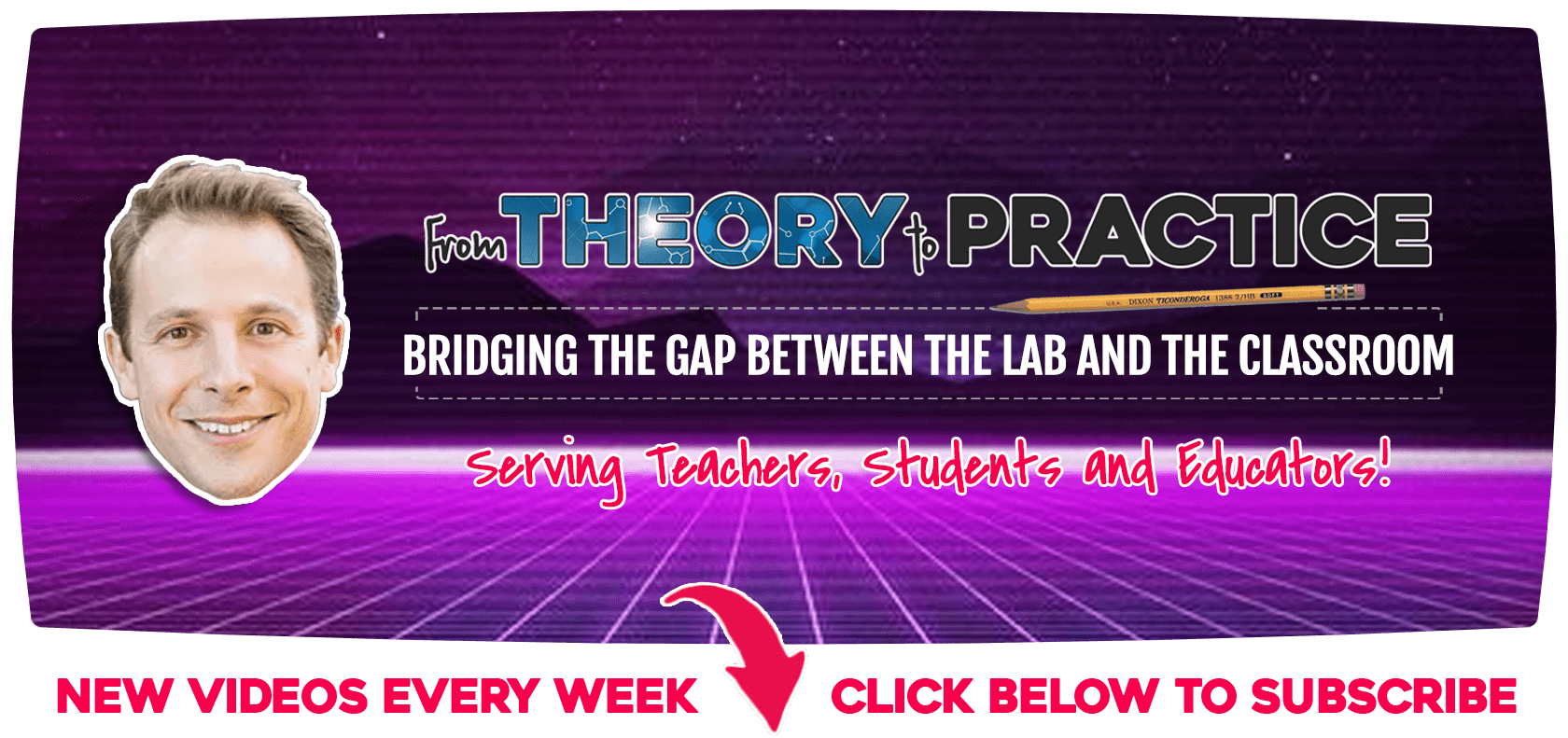These Are The Breaks
There are two types of people in the world: Those who love power naps, and those who don’t know it yet.
Simply by virtue of our daily experience, it’s generally understood that taking short breaks and/or cat naps is an effective way to help our minds tackle new ideas and absorb new information.
In fact, as teachers and parents know, telling a frustrated child to ‘take a break’ is well-worn technique for helping them achieve success when they are learning something new.
Unfortunately, we don’t have any good reasons for why short breaks work … and herein lies the problem.
When we don’t know precisely why something works, we may be less inclined to believe and/or use it.
In my latest From Theory to Practice video, I explore a piece of research that can fix this problem by helping us better understand (from a mechanistic standpoint) why short breaks and naps are so beneficial to learning:
Consolidation of Human Skill Linked To Hippocampo-Neocortical Replay (Ethan R. Buch et al)
Here are some of the questions I tackle in this installment:
-
We know the hippocampus helps us consolidate memories while we’re asleep, but how does it activate while we’re awake?
-
Approximately what percentage of new learning takes place during active learning versus during the short breaks we often take in between?
-
What is spacing, and how does it function on a micro-scale during active learning?
-
How can this research help us better comprehend the learning transfer issue (i.e. transfer narrows with automaticity)?
Give it a watch, and let me know what you think in the YT comments section.
And, as always, if you find this video valuable, interesting and/or entertaining, you can support us by liking, sharing and subscribing to our YouTube channel ;)
Regards,

Video Transcript
Hello everybody, and welcome to this week's From Theory to Practice, where I take a look at the research so you don't have to.
The article I've selected this week is called Consolidation of Human Skill Linked To Hippocampo-Neocortical Replay by Buch and colleagues.
A couple videos ago we were taking a look at sleep, and we learned that a lot of our learning/memory is locked down and consolidated while we sleep because the hippocampus -- our memory center -- replays what we learned during that day.
Now, what these researchers said is that for years we've known there's simply not enough sleep time each night to consolidate all of our memories, skills and abilities, and so there must be more to consolidation than simply sleep consolidation.
So, these researchers had a group of people sit in what's called an MEG -- a magneto encephalography machine. Simply put, your brain is made of neurons, and every time a neuron fires it generates a magnetic field that this machine can pick up in real time.
In other words, this is a tool we can use to essentially watch the brain in action …
Click to view remainder of the transcript ...
Coming soon ...
Did You Enjoy This Post?
Help spread the idea by sharing it with your peers and colleagues ...

NOT ON THE LIST? Click below to join the LME Community ... and receive new Science of Learning articles from Dr. Jared Cooney Horvath every week!
You Might Also Like ...
Connect With Us
Copyright © 2022 LME Global – 6119 North Scottsdale Road, Scottsdale, AZ, 85250 – (702) 970-6557
Copyright © 2022 LME Global
6119 N Scottsdale Rd, Scottsdale, AZ, 85250
(702) 970-6557






